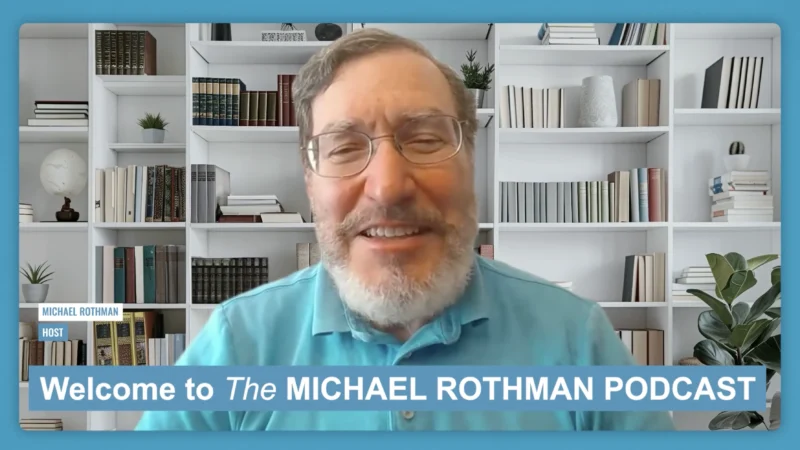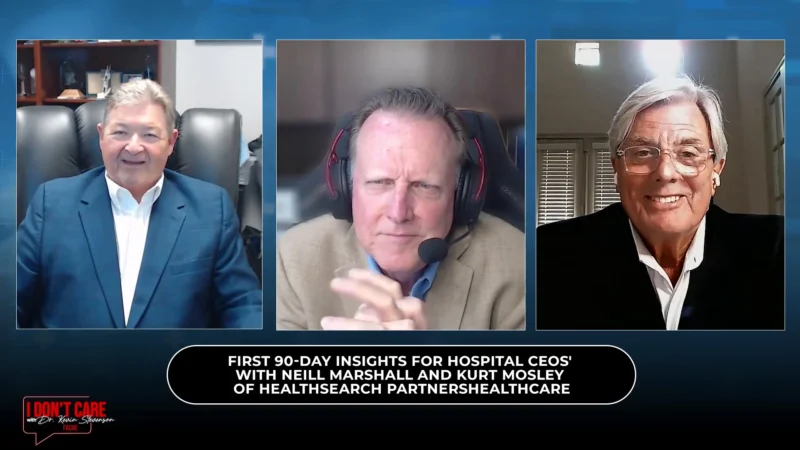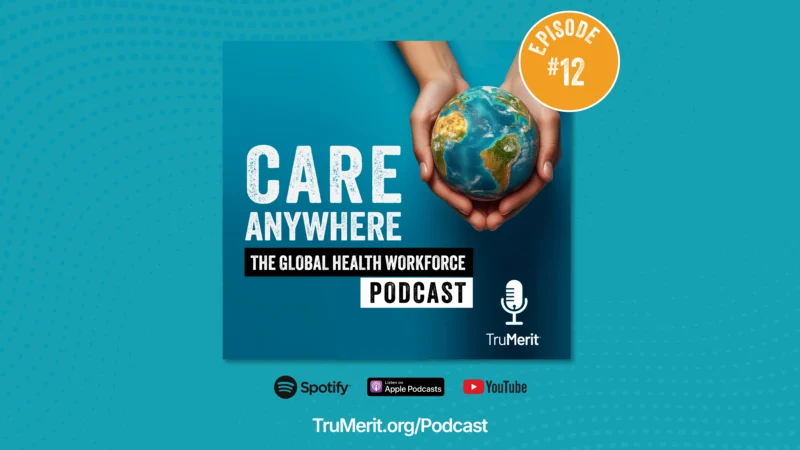Top Five Symptoms
At Carevive, we believe that understanding cancer symptoms is pivotal to improving the patient experience. In this video transcript, we unveil the top five cancer symptoms reported in our registries.
Topping the list is general pain, closely followed by numbness and tingling, fatigue, nausea, and decreased appetite. These insights gathered from real-world patients provide valuable data for better understanding drug tolerability, especially when compared to clinical trial populations.
Our Carevive Smart Data offers a transformative approach to cancer care, enabling healthcare providers to deliver personalized treatments and support based on comprehensive patient experiences. Reach out to us today to learn more about how our smart data can empower you in providing the best possible care for cancer patients. Together, let’s make a positive impact on cancer care worldwide.




